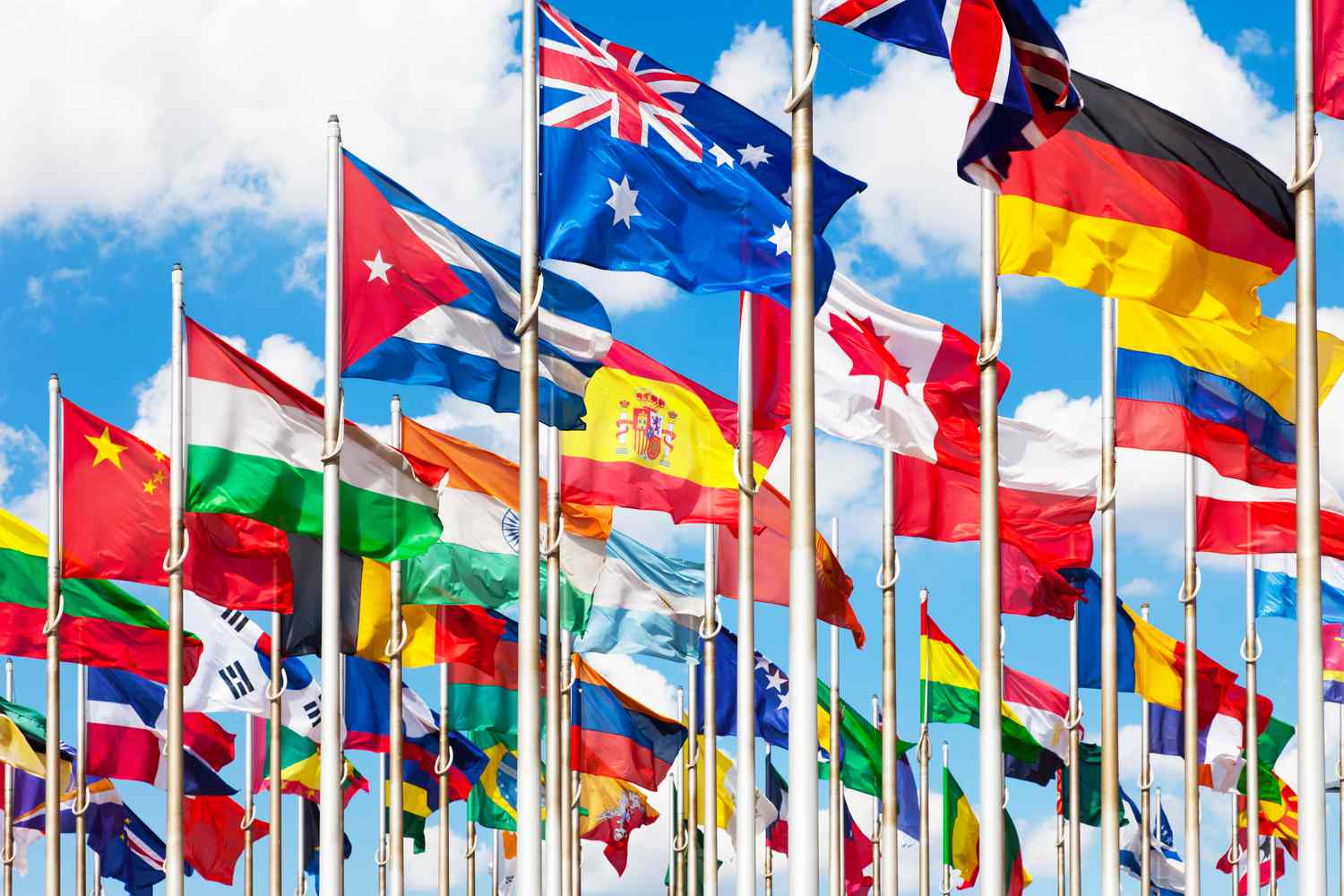A nation’s foreign policy refers to its government’s strategy and approach when dealing with other countries and global participants. In an era of rapid globalization and interconnectedness, a foreign policy plays a critical role in shaping a nation’s identity, safeguarding its interests and contributing to worldwide peace and prosperity.
Awareness of foreign policy among a nation’s citizens is a necessity for active and informed participation in the democratic process – and a key factor in building a peaceful world.
One of the primary reasons citizens need foreign policy awareness is its direct influence on domestic policies. By understanding a government’s stance on international issues, citizens can make well-informed decisions during elections. Foreign policy decisions can impact various aspects of their lives, such as the economy, national security and social welfare programs.
In today’s globalized world, events in one part of the world can profoundly affect another part. Foreign policy awareness equips citizens with the knowledge to understand international events and trends. This global perspective fosters a sense of connection and empathy, enabling citizens to relate to the challenges faced by people in other countries.
Foreign policy decisions often involve matters of national security, including defense alliances, counterterrorism efforts and conflict resolution strategies. Informed citizens are better equipped to understand potential threats and the government’s approaches to mitigating these risks. This knowledge creates a more vigilant and security-conscious society.
Trade agreements, tariffs and international economic policies are integral foreign policy components. Awareness of these policies enables citizens to grasp their impact on the national economy, job opportunities and living standards. Informed citizens can actively engage in discussions about economic strategies, advocating for policies that promote economic growth and stability.
Overall, foreign policy awareness is indispensable for a nation’s citizens. It empowers individuals to actively participate in the democratic process, understand the complexities of the global landscape and contribute meaningfully to international relations. In an age where the world is more informed than ever, informed citizens are the driving force behind building a peaceful, prosperous and cooperative global community.
















